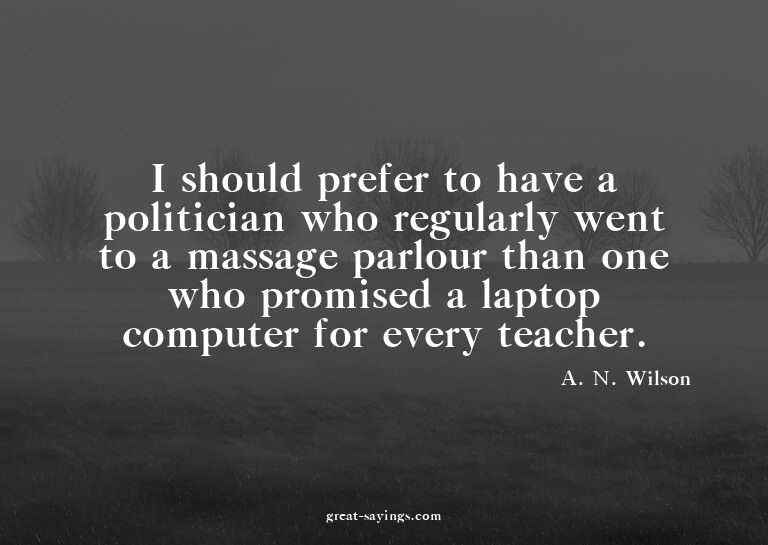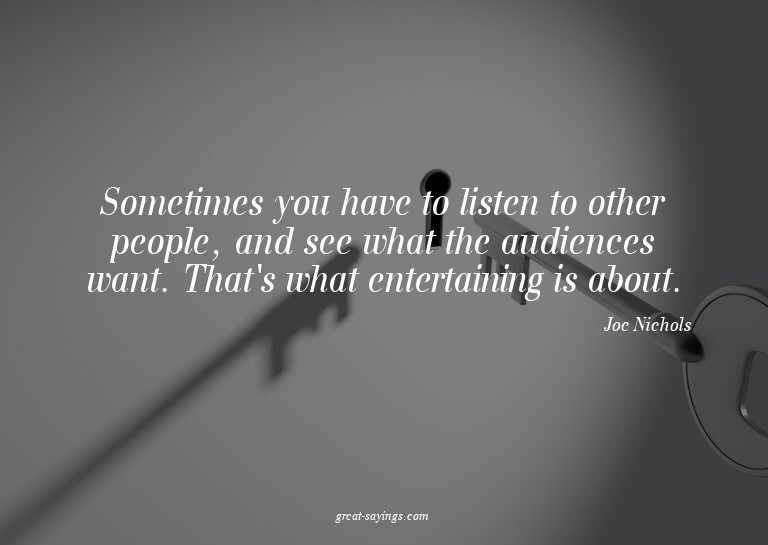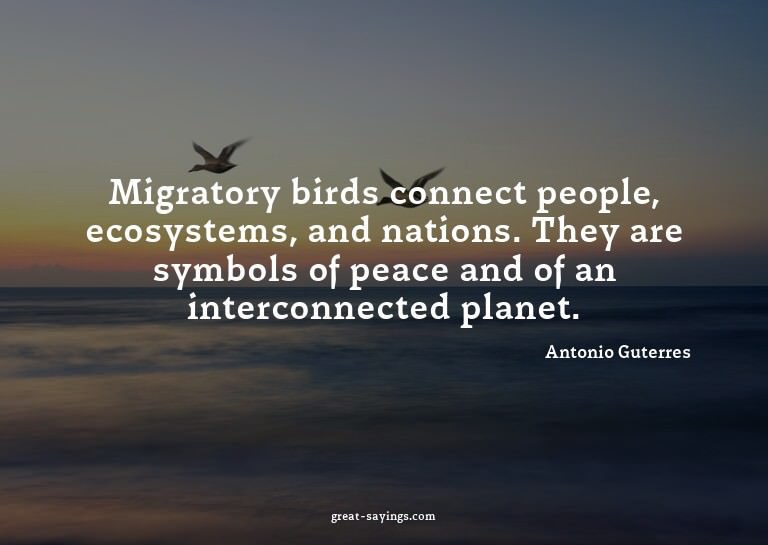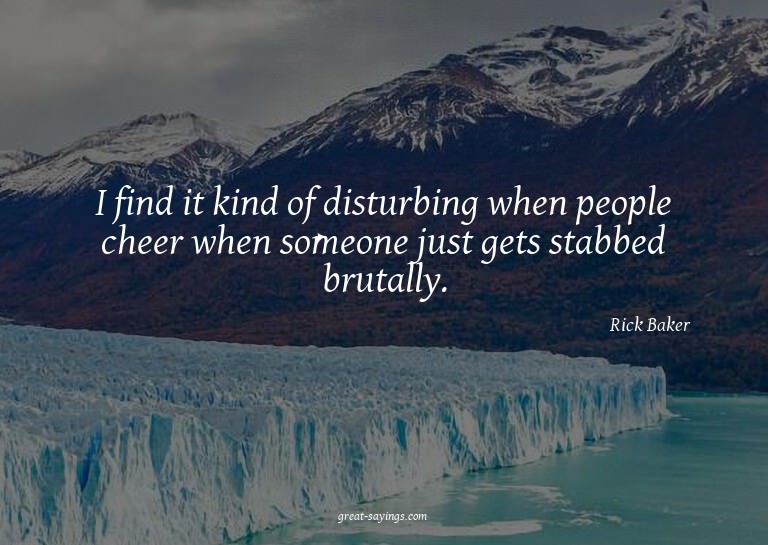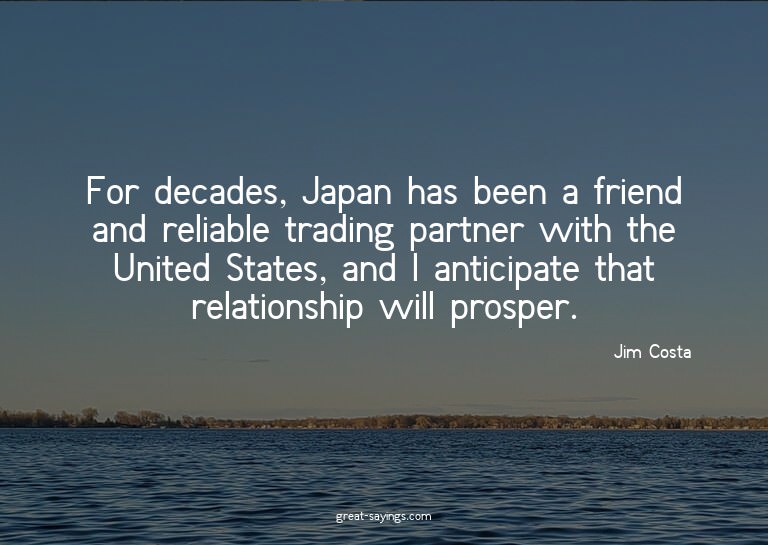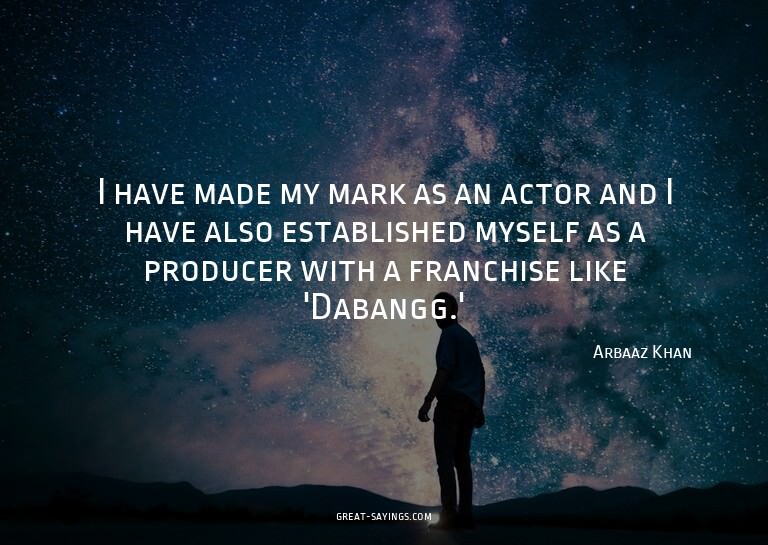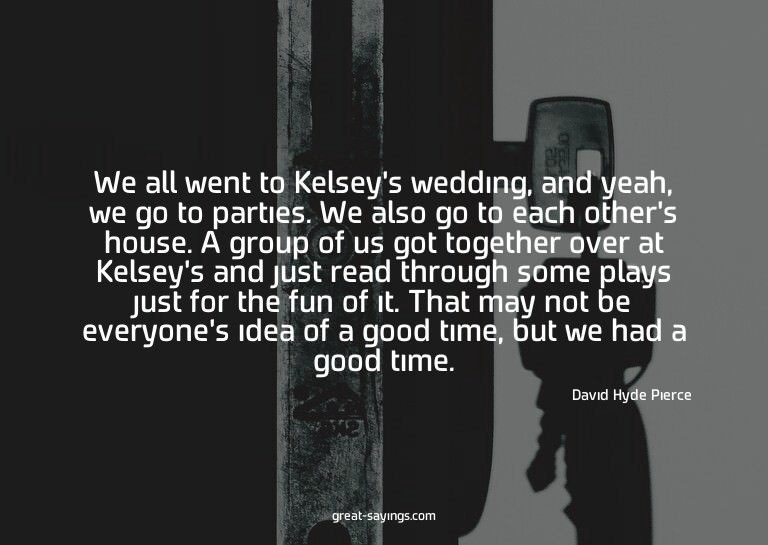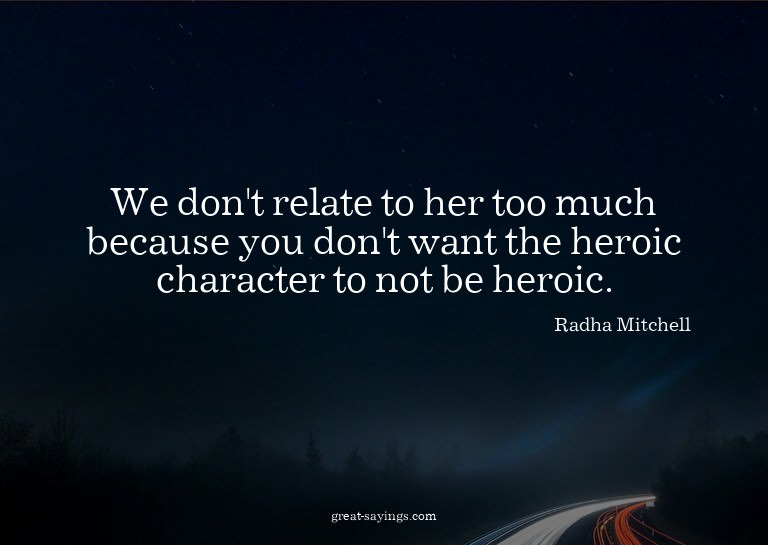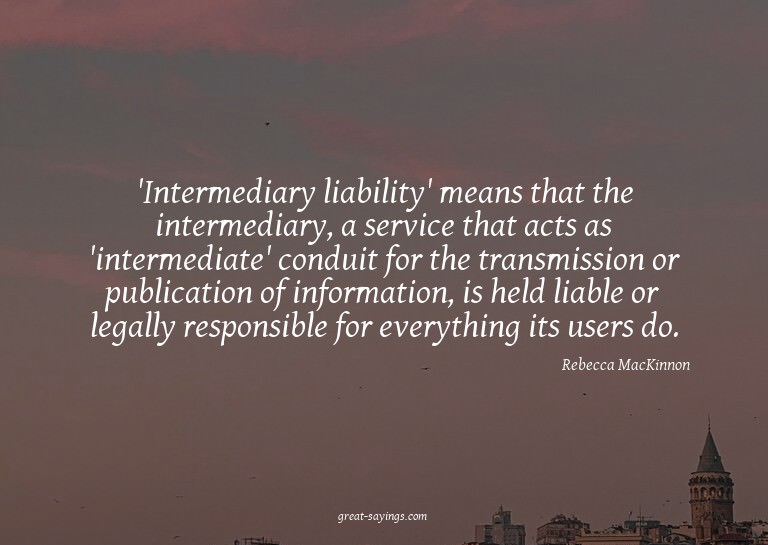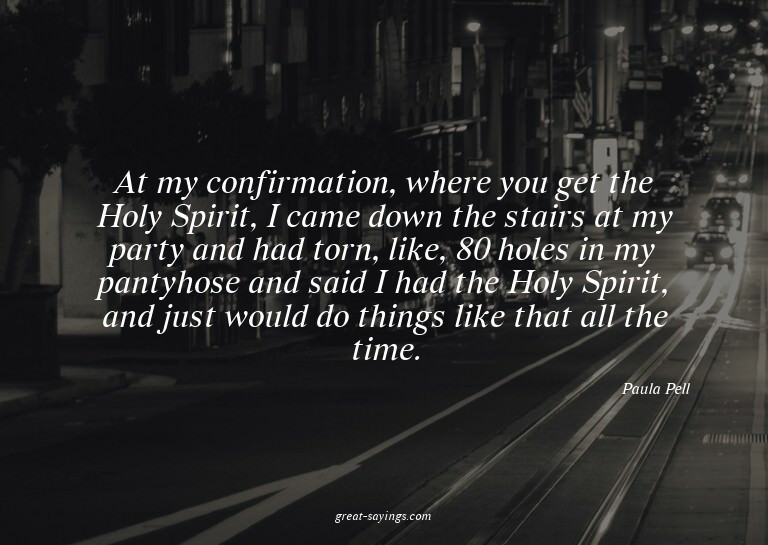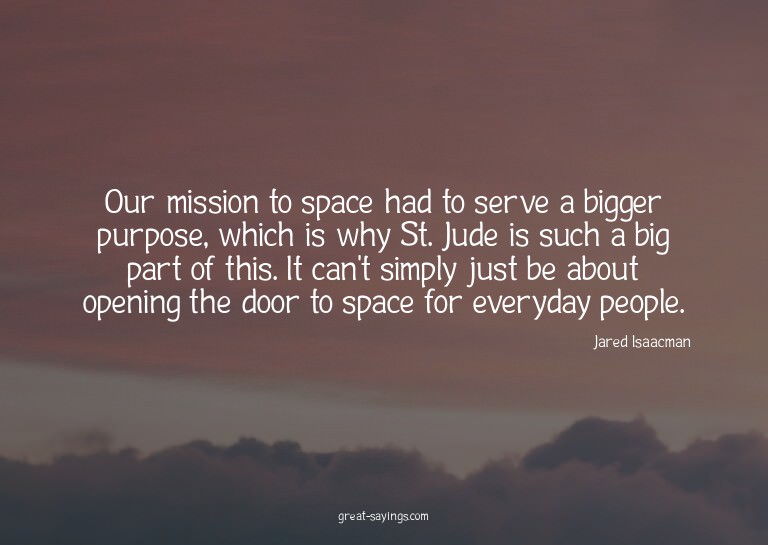Words matter. These are the best Amy Bloom Quotes, and they’re great for sharing with your friends.
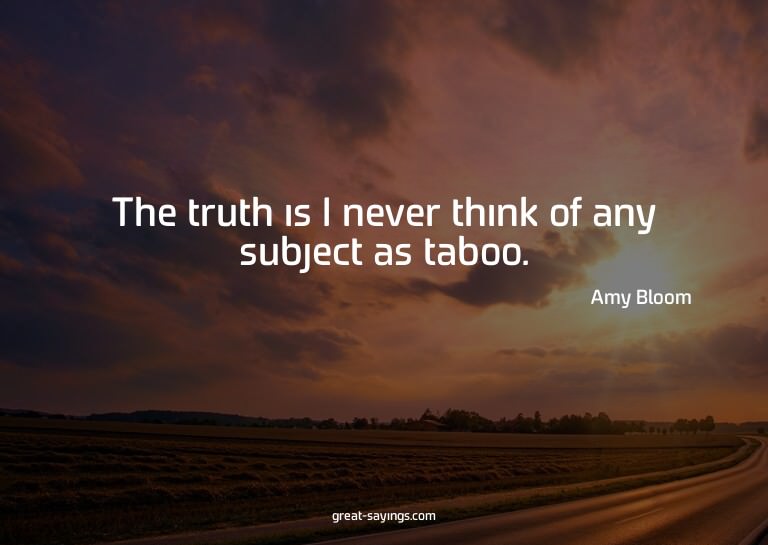
The truth is I never think of any subject as taboo.
Keep your mouth shut and see what’s happening around you. Don’t finish people’s sentences for them. Don’t just hear what they say, but also how they behave while they’re saying it. That was great training for writing.
I think the impulse to get to the heart of the story and to tell it well is in my genes.
I am interested in struggle – between our hearts and our head, between principle and desire – and one of those struggles is with mortality; and no one at all is immune to it, which makes it even more interesting to me. Some people fall in love, some don’t. Some sky dive, some don’t. Everyone who lives, ages.
I was the kind of reader in smudged pink harlequin glasses sitting on the cool, dusty floor of the Arrandale public library, standing at the edge of the playground, having broken a tooth in dodge ball, and lying under my covers with a flashlight.
I’ve had a family my entire adult life; I started raising kids when I was 21. I suspect that being part of a family has probably informed my life as a writer as much as anything else has.
We have our insides and our outsides, and I find the struggles between the two, as well as the occasions of harmony between the two, fascinating.
My target audience is anyone who finds the world interesting and human behavior fascinating, terrible, inspiring, funny, and occasionally, mysterious.
My mother’s favorite photograph was one of herself at twenty-four years old, unbearably beautiful, utterly glamorous, in a black-straw cartwheel hat, dark-red lipstick, and a smart black suit, her notepad on a cocktail table. I know nothing about that woman.
I learned how to write television scripts the same way I have learned to do almost everything else in my entire life, which is by reading.
Training to be a therapist teaches you to shut up and listen, and that is certainly useful as a writer.
‘Lucky Us’ ends with a description of a photograph of the novel’s fictional family. I could never get enough of my own family photo albums.
My job is to form the people, the story, the sentences. Every reader will bring their own life and their own history to the story and shape it accordingly. I guess you can say it’s like I am sending them a letter.
‘Normal’ is not clinical, it’s not autobiographical, and I don’t claim to be objective. It’s strictly my perceptions and thoughts about the people that I met and the stories that I heard. It was never meant to be an academic work.
I get to tell the most interesting stories I know how to tell with the most interesting sentences I know how to compose – and people who aren’t related to me read them. To be paid to write things that matter to me is extraordinary.
People tend to forget that in our country, we’d pretty much all be immigrants, except for the Native Americans.
I usually don’t have to do a lot of research in my work, as I’m writing about something I’m already familiar with.
I am interested in the gaps between one piece of sidewalk and the next. I am interested in the things for which we don’t always have a name, and the things that are not easy to articulate – the difference between what we think and how we feel.
I’m overall a big fan of President Obama.
My greatest surprise was that so much of what we think is common sense is just prejudice, and so much of what we think is scientific fact is about as scientific as the idea that the sun revolves around the earth.
I do have a sister. I have never written much about sisters before. I am very close to my sister, but, maybe, because we are very close, it never occurred to me to write about her.
I find the 1940s very compelling. It is a very excitable period in the U.S. when, whether out of necessity or not, everybody was reinventing themselves.
It took me a while to understand the meaning of a franchise: the reasons why you see lawyer, doctor, cop shows. It’s not because anyone in their right mind says, ‘You know, what’s the most fascinating thing in the world?’ It’s because you need something new that happens every week in a frame.
Whenever you see shrinks on television, they’re so clearly written by patients. They’re either idealized or they’re demonized or they love their patients. All they ever think about is their patients.
It is a wonderful, moving, heart-filling experience to sit with the man or woman you love and your beloved children and know that all are happy to be just where they are with each other and loving one another. This doesn’t happen very often.
I find my readers to be very smart, and there is no reason to write dumb.
Nonfiction is both easier and harder to write than fiction. It’s easier because the facts are already laid out before you, and there is already a narrative arc. What makes it harder is that you are not free to use your imagination and creativity to fill in any missing gaps within the story.
I’m sure I’ve been influenced by every fine writer I’ve ever read, from Dickens and Austen to Auden and Jane Hirshfield. And also, the short stories of Updike, Cheever, Munro, Alice Adams, and Doris Lessing. And the plays of Oscar Wilde. And paintings by Alice Neel and Matisse.
Actual happiness is sometimes confused with the pursuit of it; and the most mindless and crass how-tos can get jumbled in with the modestly useful, the appealingly personal, and the genuinely interesting.
I spent a lot of time listening to people. But it’s also true that I liked details and listening to people when I was a bartender and when I was a waitress and probably when I was a babysitter as well. I suspect that’s part of what drew me to psychotherapy rather than the other way around.

